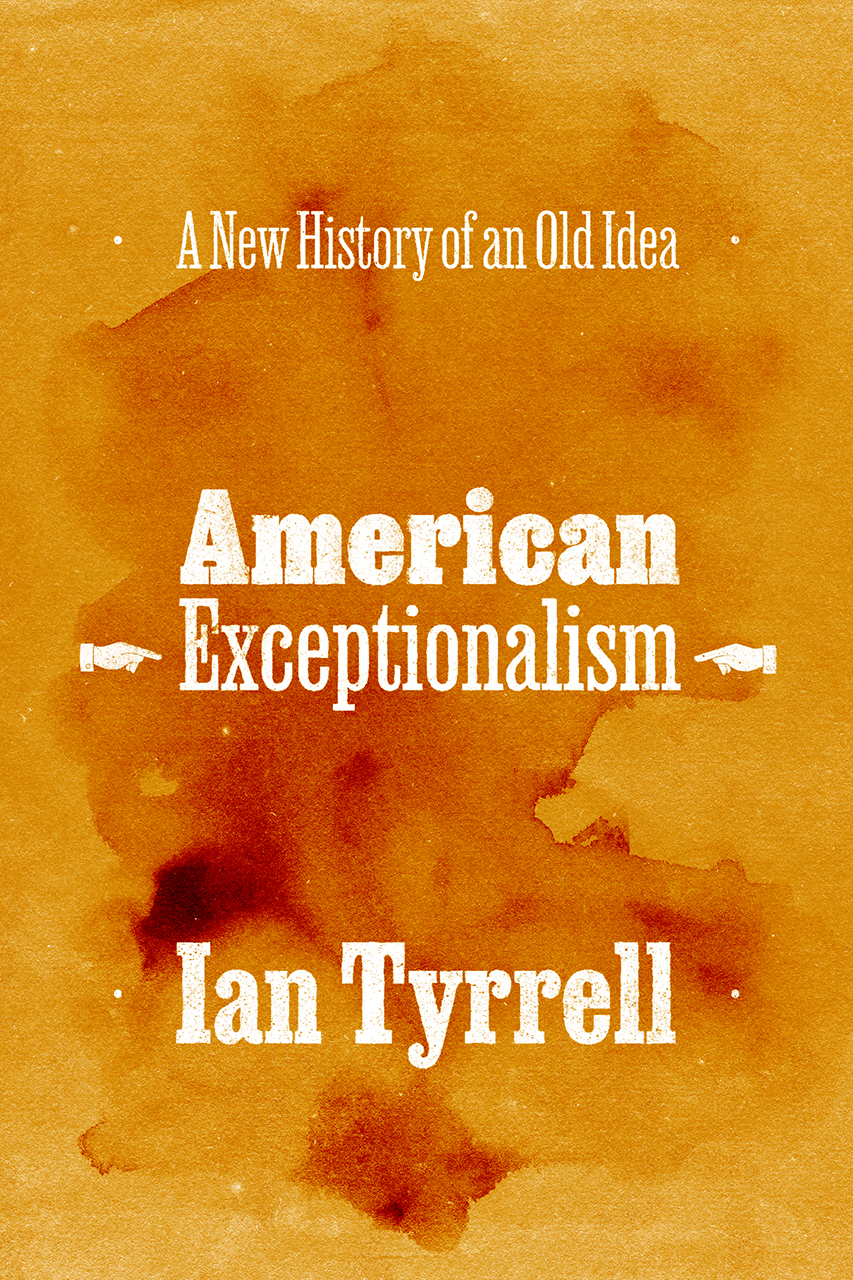The critical and potentially fractious language of the Puritan jeremiad—in which seventeenth-century New England clergy denounced the social, moral, and religious failures of their communities in a series of lamentations reflecting or threatening a break of the settlers’ covenant with God, while offering the hope of a return to the true way of God through renunciation of sin—was intrinsic to Christian republicanism’s campaigning in the early republic. Abolitionists appropriated its tradition of goading a whole people for collective sin, but they used the jeremiad’s condemnatory language to cast such grave doubts on the nation’s exceptionality that some critics repudiated the protean tradition altogether, and others tested American exceptionalism’s limits as a coherent belief system. The questioning of the nation’s practice and values became so ferocious that it turned, through the radical abolitionists, into a critique of the Christian republic idea. Exceptionalism could no longer be identified with the existing American state because its institutions lacked the qualities that God ordained.
Opposition to slavery grew as evangelical conversions in the North tied sin to moral and political deficiencies. Antislavery advocates based their condemnation of human bondage, American style, largely on its violation of the right to individual liberty, and therefore as a sin in their estimate. The holding of slaves appeared to block the path of individual conversion to God and the ability to lead a moral life without the brutalizing effects of the “peculiar institution.”
Within that unequivocal understanding of sinfulness, personal identity became both entangled with religious identity and highly disruptive of patriotic identity. The sternest opponents of slavery, such as William Lloyd Garrison, attacked American institutions as compromised by evil and incompatible with following God’s word and spirit. Garrison condemned the U.S. Constitution on this ground. Some abolitionists, like the anti-institutionalists from whom Garrison received support, preached Christian perfectionism and separation from institutional religion as a way to achieve the millennium through individual repentance reproduced on mass scale. But the resistance of slaveholders invited other blistering denunciations.
Slavery’s persistence in the face of attempts to persuade Southern Christian converts of its evil nature inevitably led antislavery reformers to criticize not only Christianity but also the republican liberty associated with it by moral reformers. Frederick Douglass’ abolitionist Fifth of July speech (1852), delivered at the invitation of the “Ladies” of the Rochester Anti-Slavery Sewing Society, highlighted how the promise of liberty under the Declaration of Independence had exactly the opposite result for African Americans. But Douglass still hoped to redeem the American nation. He separated the potential for human fulfillment of the Declaration from the arguments of politicians and Southern churchmen defending their interpretation of the Constitution as proslavery. After his final break in 1851 with the Garrisonian abolitionists, Douglass sought a political place within the liberal democratic polity for African Americans liberated from slavery. This effort paralleled the position of antislavery advocates within the newly formed Republican Party in 1854. Rather than renounce the United States, Douglass offered a jeremiad as a warning, drawn from the parallel casting out of Israel by a God angry over collective sin.
